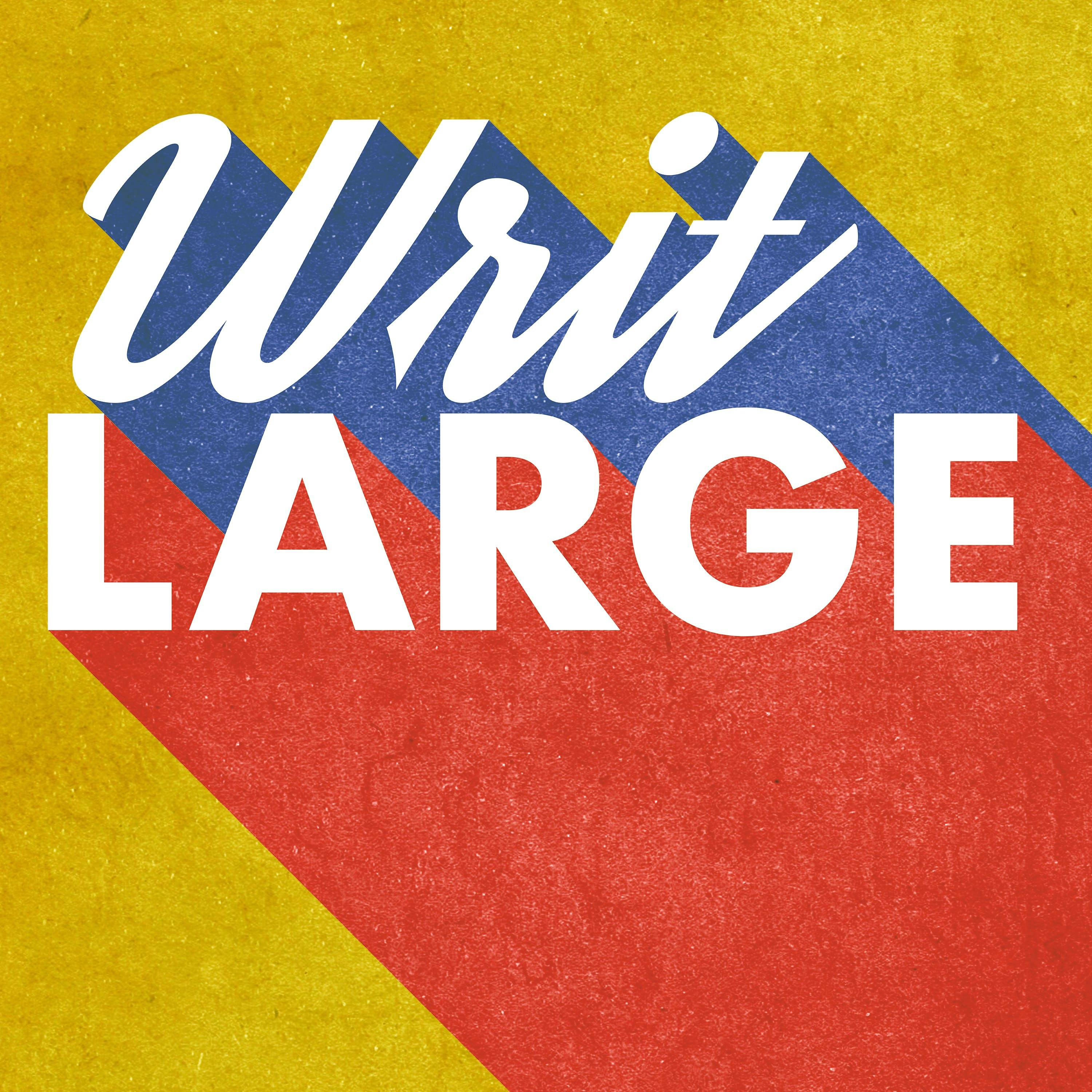On George Orwell's "1984"
Description
In 1948, English author George Orwell wrote what would become one of the defining novels of the 20th century, 1984. He was writing in the years following WWII and the beginning of The Cold War. It was a tense time, full of uncertainty and the spectre of Soviet communism loomed. In 1984, Orwell introduced all kinds of terms to describe the dystopian society of his novel, such as “thought police”, “memory hole”, “big brother”, and “unperson.” And in his view, Orwell wasn’t attempting to describe a fantastical world with no correspondence to our own, or even just satirizing the excesses of the Soviet regime. He was sounding a warning to his own society. Priya Satia is the Raymond A. Spruance Professor of International History Professor of History at Stanford University. She is the author of Empire of Guns: The Violent Making of the Industrial Revolution and Time’s Monster: How History Makes History See more information on our website, WritLarge.fm. Follow us on Twitter @WritLargePod.
Learn more about your ad choices. Visit megaphone.fm/adchoices
More Episodes
Martin Heidegger did not like small thoughts. He was fascinated by the most expansive questions humans can ask themselves. Questions like: Why are we here at all? Why do things exist as they do? What does it mean to be in the world? Heidegger came to believe that many of the modern answers to...
Published 12/21/22
Published 12/21/22
In Paris in 1953, one of the strangest and most popular plays of the 20th century premiered, Waiting for Godot, written by the Irish writer Samuel Beckett. Since the premier, people have been trying to figure out what this play means. It’s been interpreted in countless ways, with no definitive...
Published 12/20/22


